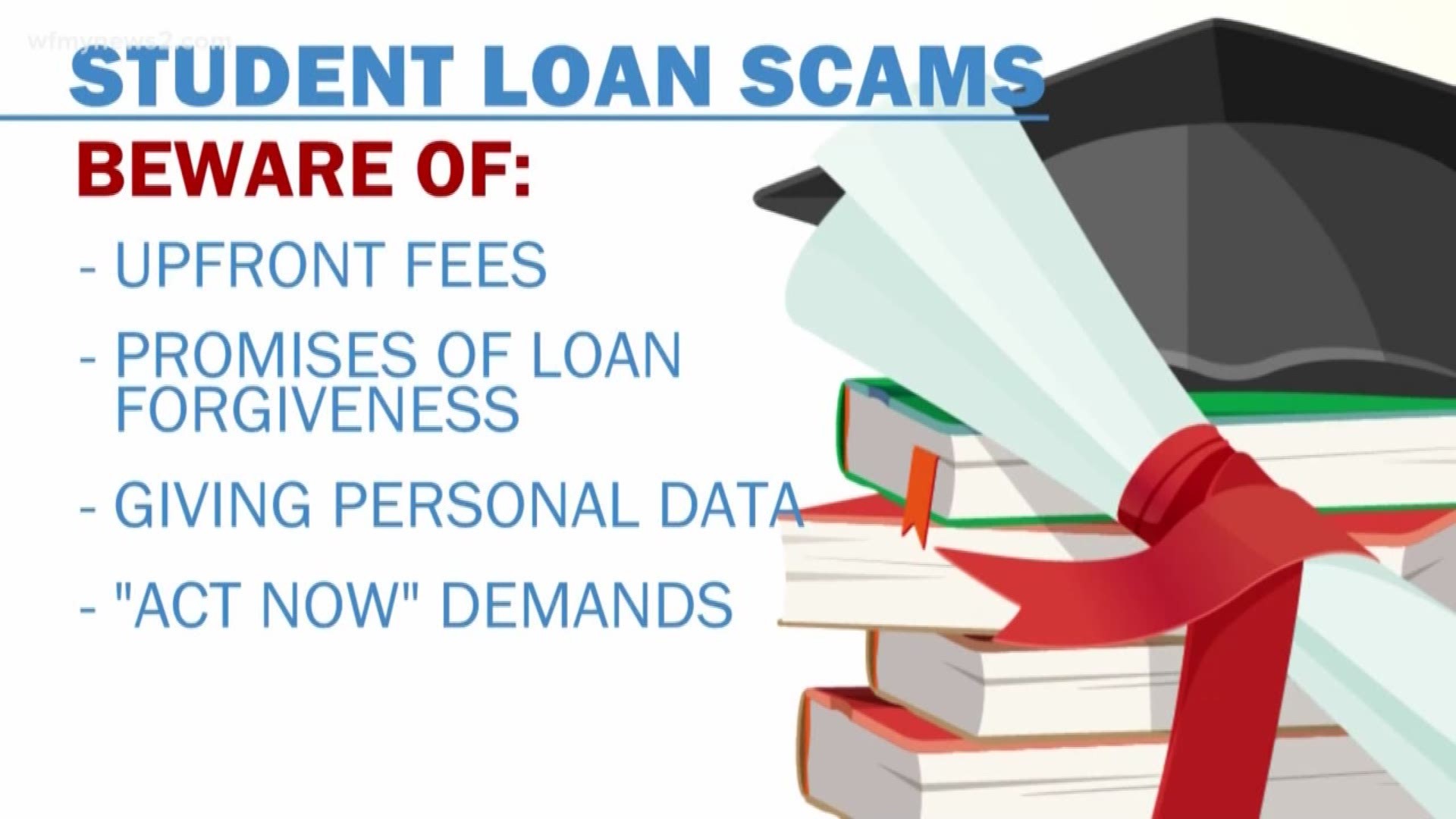"I'm calling, um, in reference to your federal student loan. Um, I need to discuss your repayment options with some new changes that have taken effect recently so if you could please be sure to give me a call back."
If you got that message, you’d probably think it was another student with a loan working the phones for a company to actually help you. But no.
The Better Business Bureau says there is an uptick in student loan scams right now.
"People are being contacted by voicemail, by text, email, phone, and web ads and they are given this amazing opportunity, seemingly, 'we can get rid of your student loan debt,” explains Jill Schlesinger, CBS News Business Analyst.
Anyone who asks for money upfront that is your red flag. But that’s not the only one to look out for:
promises for loan forgiveness
requests for personal data
demands you act now
It's also important NOT to share your FSA account ID.
"The ID number is very important because they can get into the federal student loan data base and get the details about your loan."
Students who want to try and consolidate their federal loans can visit the government's site: studentaid.ed.gov
This site can help you consolidate them, do an income-based repayment plan.
Anyone who believes they've been scammed can file a complaint the Federal Trade commission.

